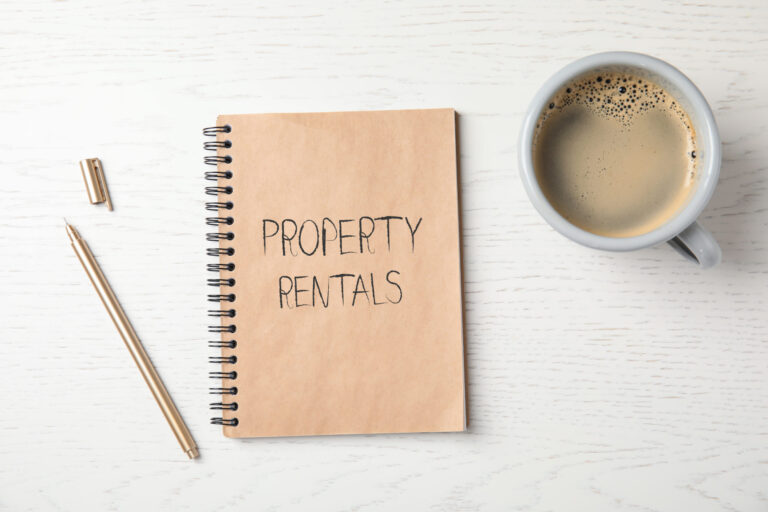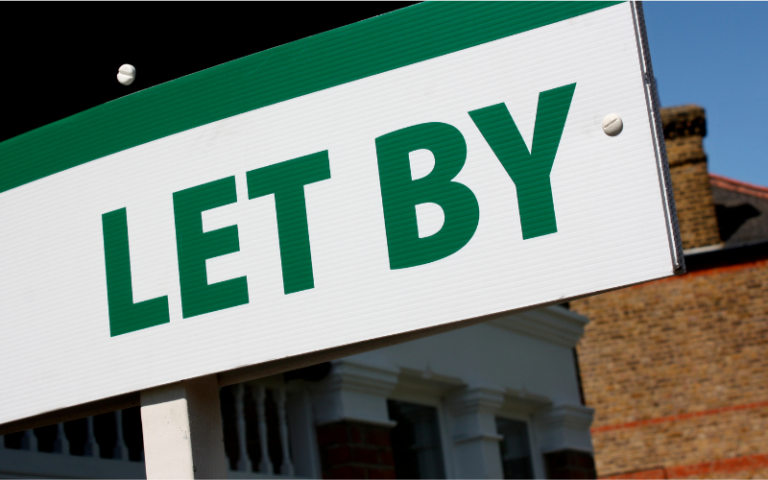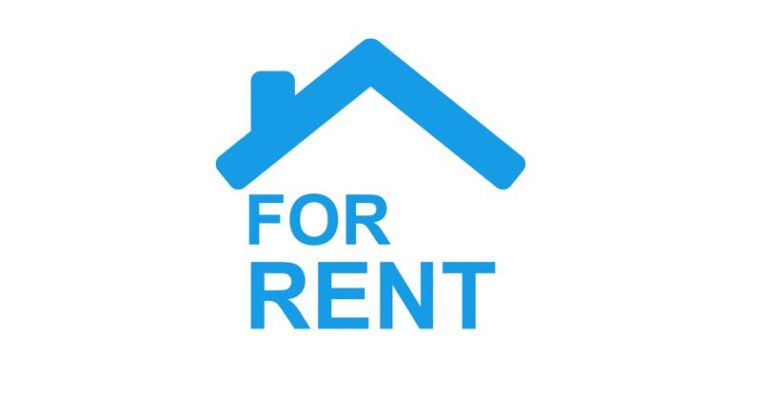If you haven’t rented out your home in Bridgend before, then it can be difficult to know where to start. From ensuring the property adheres to the electrical safety regulations set for landlords, to finding the right tenant, to getting a handle on the tax implications; the vast number of tasks you need to complete can be overwhelming.
However, there is a way to make the process simpler, and less stressful.
All you need to do is follow the steps below for renting out your home and you will be receiving your first month’s rent in no time!
Research the market
Renting out your home in Bridgend is different to buying a property specifically to let, as you have most likely spent a significant amount of time and money making your property as homely and attractive as possible. Therefore, it is not uncommon for homeowners to set the rent too high when marketing their property.
That is why it is important that you find out how much similar properties in the area are being let out for per month. It is also a good idea to work out what type of tenant will be likely to want to rent your property – students, families or single professionals.
Be aware of the financial commitment
Many first-time landlords go into the process believing that it is the easiest way to make money fast. However, they do not take into consideration the ongoing financial costs associated with renting out your home. As well as having to pay tax on your rental income, letting agent fees and any legal fees, you will also be responsible for ongoing maintenance and repairs of the property.
These may include:
Exterior repairs
Installation maintenance
General decorating
Repairing or replacing of white goods
Boiler servicing
Emergency repairs
General wear and tear
It is advisable to have a list of reputable and trustworthy tradesmen that you can call for any maintenance jobs that you are unable to carry out yourself, or for cases of emergency that you are unable to attend to.
Provide a blank canvas
Firstly, you need to decide if you are going to rent your home out furnished or unfurnished. This will be dependent on whether or not you have a need for your furniture in your new home, as well as what your specific demographic of renters will prefer. If you are planning to rent your property as unfurnished, then you will potentially need to look into storage options for any furniture you do not require in your new home.
Once you have decided which pieces of furniture you are going to leave in your property, you should then create an accurate property inventory so that you can avoid any potential disputes over damages.
As a general rule, it is advisable to keep the colour scheme in your rental property as neutral as possible to appeal to the widest variety of potential tenants. You should also clear your home of any clutter and personal belongings that may make the property feel less spacious.
Prepare for becoming a landlord
As the saying goes “with great power comes great responsibility”, and never a truer statement has been said concerning becoming a landlord for the first time. Not only should you be prepared for the influx of calls that you may receive from your tenants, but you also need to make sure you are informed about all your legal requirements as a landlord.
These include:
Checking your mortgage allows you to rent out your home
Ensuring your property is fit for occupancy
Arranging an electrical installation condition report
Arranging a yearly gas safety check
Ensuring your property has an Energy Performance Certificate
Installing smoke alarms and CO alarms
Carrying out right to rent checks on prospective tenants
Protecting tenants’ deposits with a TDP
Paying income tax if required
Getting residential landlord insurance
Getting rent indemnity insurance
Consider hiring a letting agent
Of course, you are under no obligation to hire a letting agent to help you rent out your home, but there are many benefits in doing so. These include:
Advertising your property for you
Showing prospective tenants around your home
Drawing up a tenancy agreement for you
Dealing with your tenants directly if you do not want to
Hiring a letting agent is a good idea if you are either inexperienced in renting out properties, or if you simply do not have the time or inclination to learn all of the processes involved.
An agent will also be able to offer you invaluable advice and experience, meaning you are less likely to incur costly mistakes along the way.
For no-obligation advice on renting out your home in Bridgend please contact our expert lettings team at Hunters Bridgend on 01656856118 or call in and see us. We look forward to seeing you.




